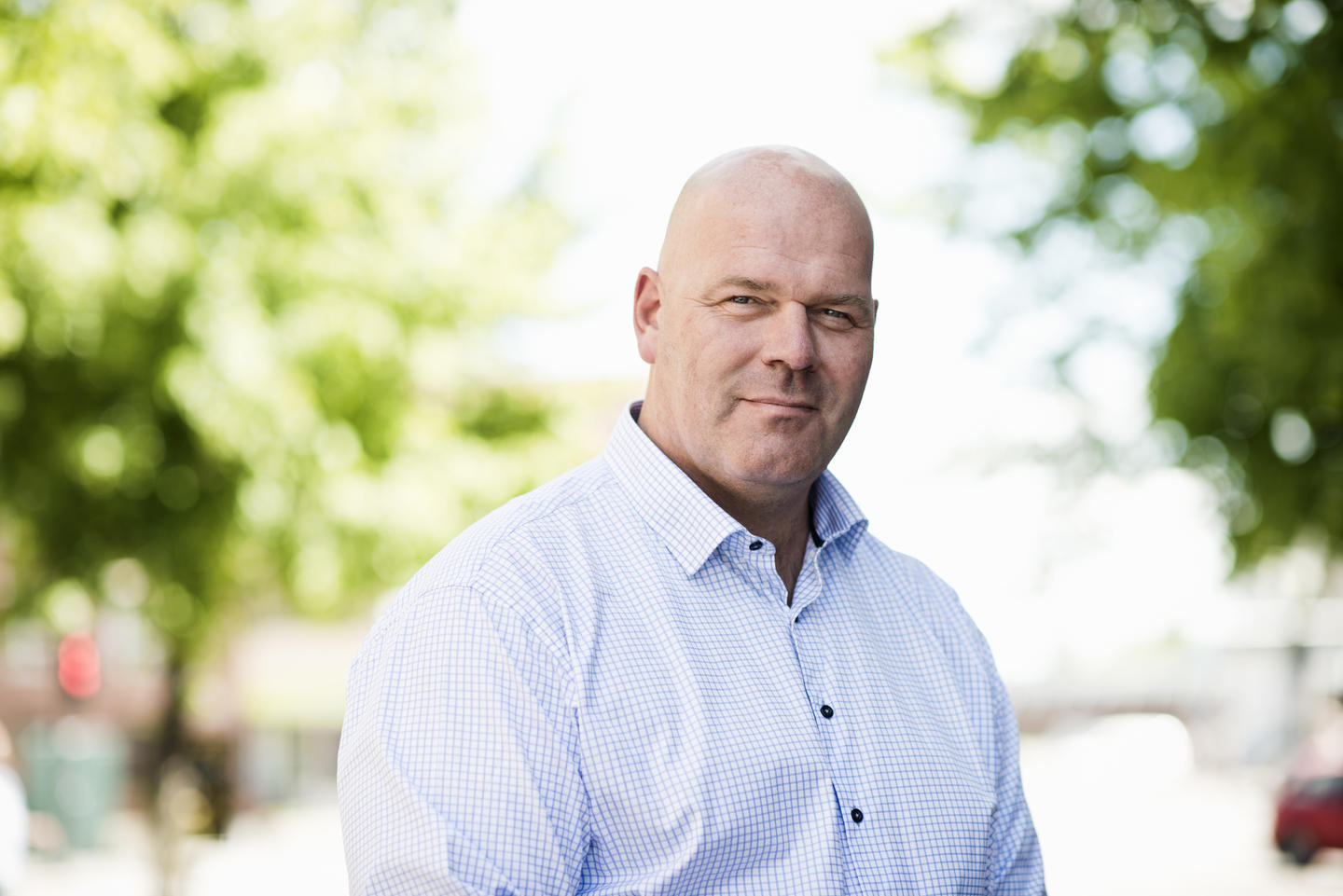Organisations from Iceland, Liechtenstein and Norway and the Council of Europe play a vital role as donor programme partners in many programmes supported by Iceland, Liechtenstein and Norway through the EEA and Norway. We have asked four partners taking part in the justice programmes about their participation as donor programme partner. This is the first of four interviews.
Improving prison conditions
A growing prison population is a challenge for many countries. This leads to overcrowding and problems of ill health resulting from poor sanitation and accommodation. Norway supports programmes in this area in seven countries, contributing to improve prison conditions and prisoner rehabilitation as well as promote alternatives to imprisonment.
The Directorate of Norwegian Correctional Service
In addition to being a donor programme partner in the correctional service programmes in Romania, Lithuania, Latvia and Poland, the Directorate of Norwegian Correctional Service cooperates with the Czech Republic and Bulgaria, where the Council of Europe acts as the lead donor programme partner. We asked the Director of the Directorate of Norwegian Correctional Service, Kim Ekhaugen, about the exchange of best practice.
Q. In your experience, how easy is it to transfer the Norwegian practice to beneficiary countries?
A: The transfer of practice from Norway has been welcomed in the beneficiary countries and 14 partnership projects are being implemented. I would like to emphasise that I see a lot of enthusiasm for change. People are really interested in creating a better future for inmates and prison staff.
Q. What are the specific challenges that the beneficiary countries face?
A: Many of the beneficiary countries face serious problems in particular with regard to overcrowding.
Q. Is there a particular project where your involvement has made a real difference?
A. In Latvia, they are building their first prison unit for addicted inmates. As in most countries, a high percentage of inmates in Latvia are addicted to drugs or alcohol and this is a big problem in prisons.
In Lithuania, they are in the process of opening four half-way houses, which will give some of the inmates a completely new way of serving their sentence. By living in a halfway-house, they will have to learn basic life-skills and hopefully leave prison for crime-free futures.
